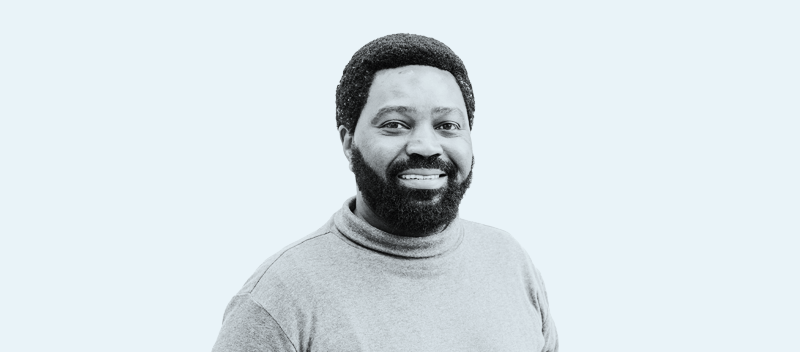How impartial and inclusive is WUR? One way to answer this question is to look at the upcoming elections for the Student Council and Student Staff Council. Because there is something unusual going on there. Both councils are central participatory bodies and represent students’ and employees’ voices on many issues – study and workplaces, and well-being, among others. I have served as a council member before, and I have constantly been keeping myself aware of different topics on discussion and have even been directly or indirectly involved.
Unfortunately, the majority of students and even employees are not aware that these participatory bodies exist, never mind knowing what they do or how they work. To fill the positions, elections are conducted every academic year so that the constituents may directly elect council members that represent them to fill the positions. Speaking about elections is inseperable from talking about candidates and voters, their eligibility criteria and qualifications. This applies to all students and employees at the university who are passionately and competitively willing to stand for upcoming elections.
Certain groups of constituents qualify to vote but not to stand as candidates
However, certain criteria would surprise you. That certain groups of constituents qualify to vote but not to stand as candidates. This applies to 1,241 (50.28 per cent) of WU PhD candidates who have no employment contract. This means ‘only a vote’ is needed from them, and they can’t stand for elections that represent their core interests.
This situation doesn’t reflect the inclusivity as a guiding principle that WUR advocates and the value of its researchers as crucial capital. That leaves a question, how impartial are inclusive policies at WUR? It is time to initiate policy changes that promotes inclusiveness and representation for all. For now, ‘only a vote’ counts!
Joshua Wambugu (40), from Kenya, is a PhD candidate in the Marine Animal Ecology and Environmental Policy groups. He is a Social Safety Guide with the DARE Project and a member of the project’s coordinating team. He loves cooking, hiking, and birdwatching.

 Photo Guy Ackermans
Photo Guy Ackermans 


Thanks a lot, Joshua, I came to know that non-contract PhDs can’t be a representative at WUR council, but I didn’t know there are 1,241 of them! While they have been in WUR for so many years, as one of the irreplaceable contributors to WUR’s research, education and international influence!